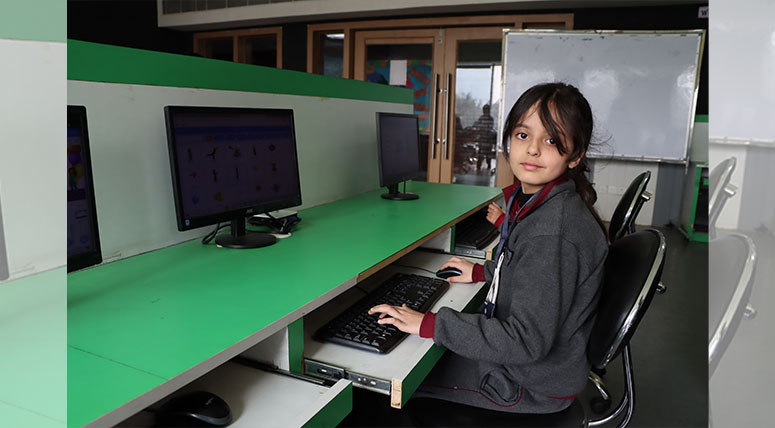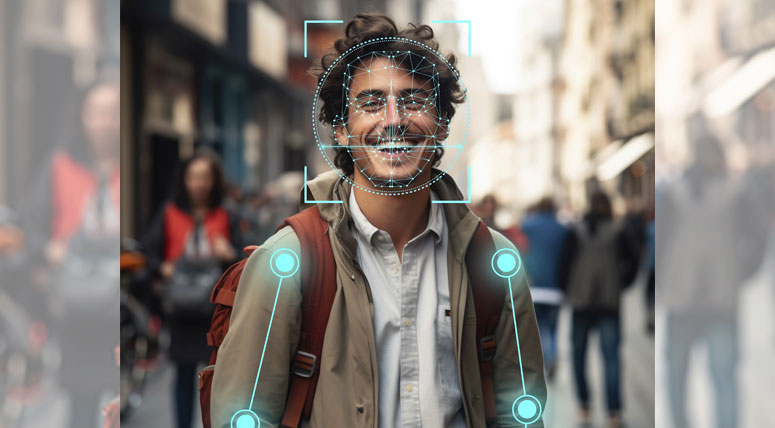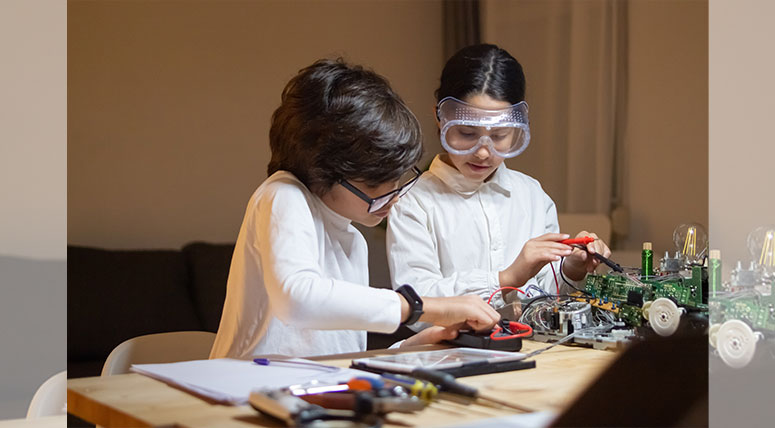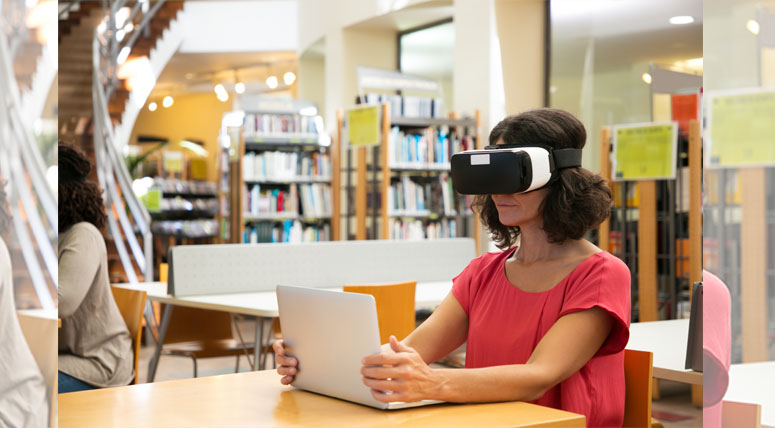Exam Triumph: Master Generative AI!


Artificial Intelligence (AI) refers to machines being simulated to have human intelligence empowering them to efficiently perform tasks such as learning, problem-solving, and decision-making. In the arena of education, AI supports our examinees by providing personalized learning experiences, assessments, and instant feedback, streamlining exam preparation through intelligent tutoring systems.

AI ensures tailored assistance and enhances overall understanding for better exam results, transforming the examination system by offering super innovative tools like automated grading systems, reducing the burden on educators, hence fostering individualized study plans, pinpointing students’ strengths and weaknesses. Real-time analytics enhances exam readiness and enables adaptive learning strategies.
The Potential of AI: Shaping Education from Classic to Contemporary
“Changes will undoubtedly occur as a result of the possible applications of AI in education”

A classroom from the dawn of time and a classroom from today are essentially the same. Teachers will use a modern version of the chalkboard, like a projection screen or a communal computer display, to share notes and provide directions while they are in the centre of the class. Either using online video conferencing software or at their workstations in the classroom, students will be watching. Technology has evolved. Geographical obstacles have been partially removed, many tools and processes have been digitalized, and some have been automated, but the main players and components have not changed substantially.
However, under the hood, education is about to undergo a modest but steady transition. Teachers will no longer be the only ones with responsibility of educating the next generation and corporate workers in a few years. AI refers to artificial intelligence, also known as machine intelligence simulating human intelligence in robots or computer programmes
Humankind has long placed a high value on education and learning. Furthermore, education is now more accessible and efficient than ever before due to cutting-edge technology like artificial intelligence and machine learning. With customized learning, AI maintains the potential to revolutionize the education sector, transforming it from a system for memorizing facts into a whole package that aids students in acquiring the necessary skills and realizing their full potential. AI is regarded as one of the leading technological advancements for this reason.
Manav Rachna International Schools predict that the education sector will be able to more easily use various AI gadgets to provide far more tailored learning experiences. AI in education is becoming more widespread as academic institutions throughout the world adopt it.

Let’s evaluate how artificial intelligence will shape the future of education.
- Personalized learning, also called individualized learning, is one of the most advantageous advancements that AI-based educational systems can provide. While teaching the same material to kids in a classroom might be beneficial, teaching at each student’s own speed can be even more helpful, particularly for individuals who are learning at a significantly faster or slower rate than their peers. Manav Rachna International School, the top CBSE School, finds AI-based solutions can also adjust to the different learning styles of each student. Games, personalized programmes, and other learning-enhancing features can be found in these applications. Chatbots with AI capabilities along with virtual instructors also give students immediate feedback and help, creating a positive learning environment for them outside of the classroom. This individualized approach encourages participation and aids in maintaining students’ progress.
- Customized programmes, the educational experience can be focused on the next topic that students are ready to learn instead of a generic process. The Best International School in the city, Manav Rachna International School, thinks that customized programmes might include adaptive learning, intelligent tutoring, personalized suggestions, data-driven insights, multimodal learning, personalized evaluations, and individualized learning routes, according to the eLearning Industry.
- Inclusiveness and Usability, education hurdles are being removed by AI-powered solutions. Students with disabilities or those who speak various languages can easily access educational content with the help of automatic transcription and translation services. AI can also modify content to fit different learning preferences, which opens up new possibilities for inclusive education.
- Data-Informed Decision-Making, Large volumes of data is produced by educational institutions for a variety of purposes, including administrative and student performance indicators. AI is able to process and evaluate this data instantly, giving administrators and teachers insightful information. The Best CBSE School, Manav Rachna International School assists educational institutions in making data-driven decisions to enhance student support services, curriculum development, and resource allocation by spotting trends and patterns.
Predictive analytics, for instance, can assist in identifying kids who could be at danger of falling behind and enable teachers to step in early and provide focused support to guarantee student success.

- Enhances Visualisation in Students, when AI is used in education and is combined with VR and AR technology, students can learn through interactive courses that will ultimately increase their awareness and emotional intelligence. Furthermore, VR/AR tools support the development of young learners’ communication and teamwork skills.
- Professional Path Forecasting, following university selection, there are frequent grievances from students who were summoned for courses they had no interest in taking. In part, this is because most students will select comparable courses, and our institutions are not large enough to accommodate every student for their preferred path of study. AI systems will be able to compile student data and identify each child’s ideal career route with the help of teachers. This will simplify and streamline the process of choosing courses at university.
- Smart Schools, the internet of things, a technology that entails linking numerous items to the internet, will be the foundation around which schools are constructed. Together, these gadgets will be able to interact and keep an eye on things like illumination, alarms, and even maintenance requirements before they arise. Exams will be more rigorous in smart classrooms, which will discourage cheating. Facial recognition technology will be installed in these classrooms to track attendance and even determine the duration of a student’s time in class.
For the majority of people, the main concern regarding artificial intelligence’s potential to upend the global education system is whether or not it will eventually replace teachers. Compared to humans, artificial intelligence systems lack empathy. The best performance from these systems will come from human teachers. Therefore, it is very improbable that our teachers will be entirely replaced in our classrooms by these devices.
There’s no need to be concerned about AI being used in education. This is truly a good thing. Artificial intelligence is an innovative instrument that may be used by both educators and students to help and improve the learning process. With the help of contemporary technology, students can now take charge of their education and receive more personalized education anytime they choose.


